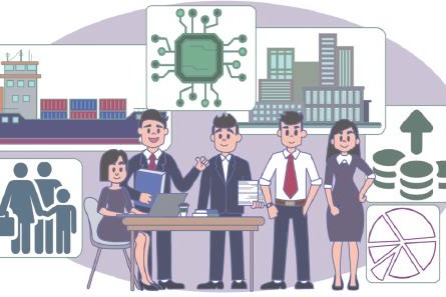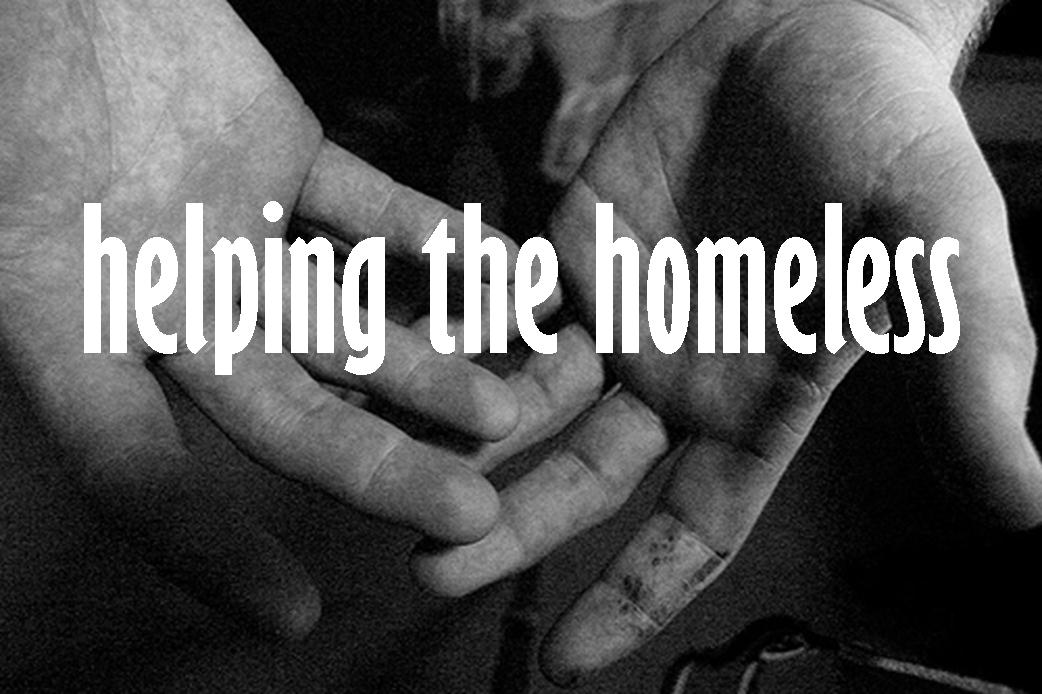In this essay, you will discuss the ways in which the government should help the homeless. Some of the solutions to this problem include the Housing First initiative, providing permanent housing, and reducing poverty. These solutions may sound radical, but they can make a huge difference to those who are homeless. This essay will explore these and other solutions in further detail. Let’s begin. What is the best way to help the homeless? First, we should increase awareness of the problem. Then we should focus on providing housing that is affordable and secure.
Housing First initiative
The Housing First initiative is designed to give the homeless people a safe, permanent home without requiring them to be housing-ready or to undergo treatment. This approach is voluntary and runs counter to the treatment-first approach, where people are removed from their homes because they do not comply with certain requirements, such as sobriety. In this article, we will look at the Housing First initiative and how it might be implemented.
Increasing awareness of the problem
A lack of adequate housing and the economic hardships that accompanies it are the root causes of homelessness. The United Nations has declared the right to adequate housing a fundamental human right in 1991. In the European Union, more than 400,000 people are homeless on any given night, while 4.1 million experience episodes of homelessness every year. These numbers are difficult to quantify, due to different definitions and methodologies. Despite progress in the United States since 2010, the problem continues to plague many communities.
Providing permanent housing
The University of Illinois Hospital and Health Sciences System has launched a permanent housing program for its homeless patients. A pilot program at the 495-bed teaching hospital reduced healthcare costs for 27 patients by nearly two-thirds. Moreover, the program improved the health of these patients by reducing the hospital stay by over six-seven percent. This program is designed to help homeless patients who have chronic health conditions and behavioral health problems find stable and permanent housing.
Reducing poverty levels
Many people have preconceived ideas about poverty and the homeless. They should challenge these assumptions and avoid spreading biases. One misconception is that people experiencing homelessness choose not to work. This isn’t true, as many people who are experiencing homelessness are unable to find work because of systemic issues. Many factors contribute to unemployment and housing instability, including mental illness and inequitable access to training and employment.
Addressing mental illnesses
The effects of homelessness on people with mental illnesses are far greater than one might expect, says Lisa Dailey, acting executive director of the Treatment Advocacy Center. Homelessness only exacerbates the mental illness, and the homeless themselves are more likely to experience homelessness. Furthermore, people with severe mental illnesses are more difficult to rehabilitate to a baseline level of functioning than those without the illness. While the current system of government supports those with mental illnesses, it falls short of ideal conditions.
Access to education
According to the National Association for the Education of Homeless Children and Youth, over 3.7 million people do not have a home and spend time doubled up in someone else’s home. Among those who do not have their own homes are those with disabilities, those without children, and youth with special needs. Homeless youth need to learn new information regarding financial aid, registering for classes, and coursework. The problem is compounded by the lack of shelter space and a recession.
Job opportunities
A recent survey found that more than half of the homeless want to return to school or receive additional training in their field. A higher education will increase a person’s employability. However, very few of the homeless surveyed had any computer training. Closing this digital divide will increase a person’s competitiveness in the job market. These are just a few examples of the various programs and organizations that provide job opportunities for the homeless.





